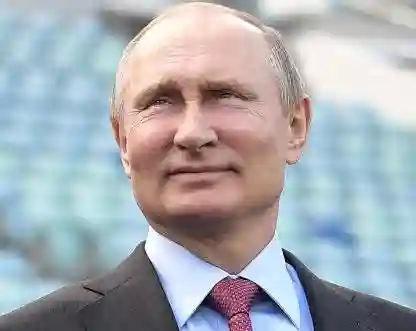South Africa has granted diplomatic immunity to attendees of the upcoming BRICS summit which Russian President Vladimir Putin is expected to attend, according to Businesstech.
South Africa’s Department of International Relations and Cooperation (Dirco) has gazetted a declaration recognizing two meetings that will be covered by diplomatic immunity under the Diplomatic Immunities and Privileges Act. The first meeting is the BRICS Ministerial Meeting to be held in Cape Town on 1 and 2 June 2023, and the second is the 15th BRICS Summit to be held in Johannesburg from 22 to 24 August 2023.
The immunities and privileges granted under the United Nations Convention grant immunity from personal arrest or detention. However, no immunities are given under the Rome Statutes, and Article 98 of the Statutes does not apply to South Africa as a member nation.
The planned attendance of Russian President Vladimir Putin at the summit has created a difficult situation for South Africa, which has an outstanding warrant for his arrest from the International Criminal Court for war crimes related to the Ukraine invasion. As a signatory to the Rome Statutes and the ICC, South Africa is obliged to act on the court’s arrest warrants.
The Department of International Relations and Cooperation (Dirco) declared:
It is hereby published for general information that the Minister of International Relations and Cooperation, in terms of section 6(2) of the Diplomatic Immunities and Privileges Act 2001, has recognised (the meetings).
In accordance with section 6(1)(a) of the said Act, the immunities and privileges to be accorded to the participants of (the meetings) are those provided for in the 1946 Convention on the Privileges and Immunities of the United Nations and the 1947 Convention on the Privileges and Immunities of Specialised Agencies, as may be applicable and for their effective participation in the Ministerial Meeting and the Summit.
According to international law expert Dr. Hannah Woolaver, South Africa has limited options regarding Putin’s arrest warrant, and this situation is a significant test for international law.

